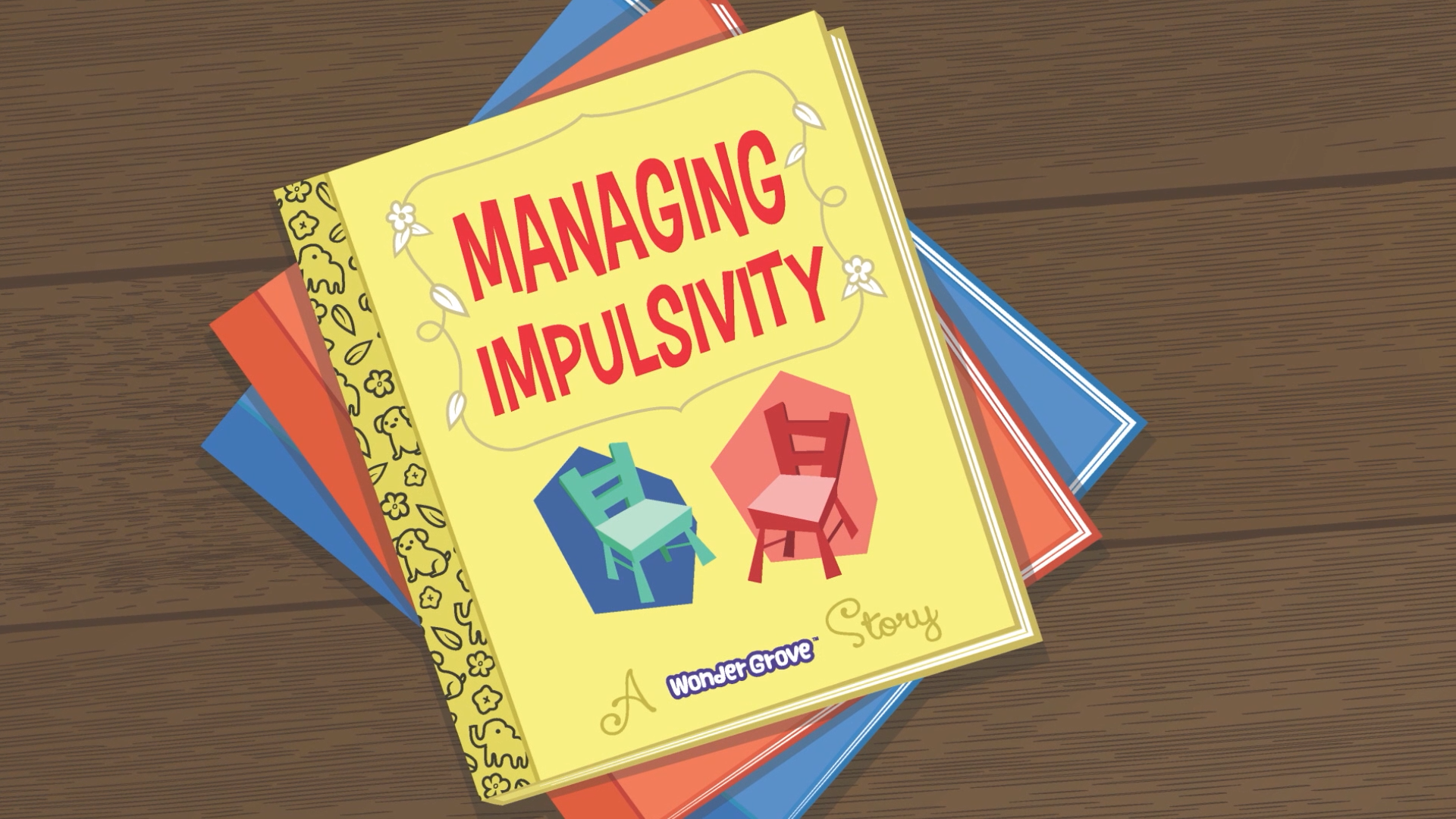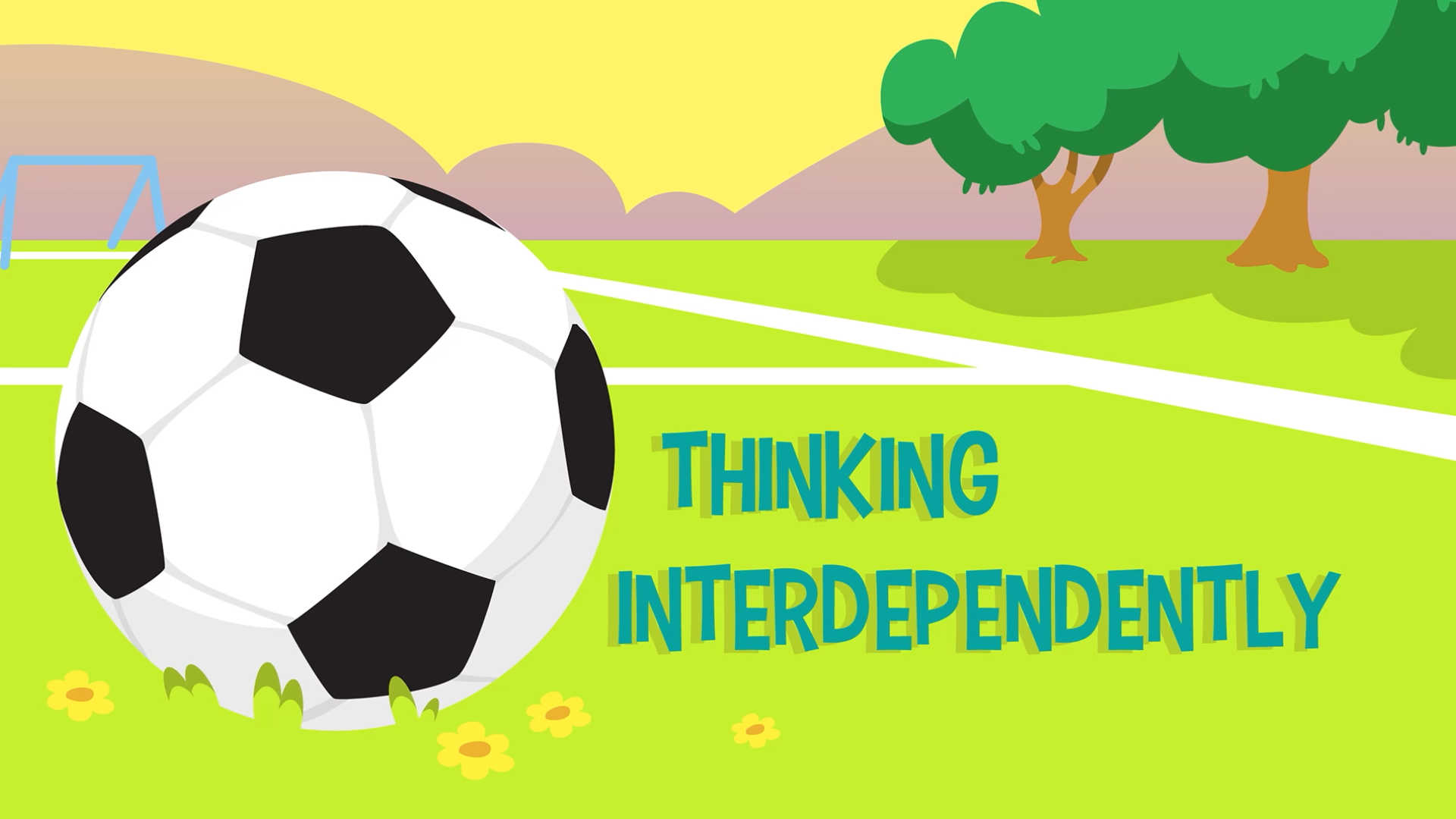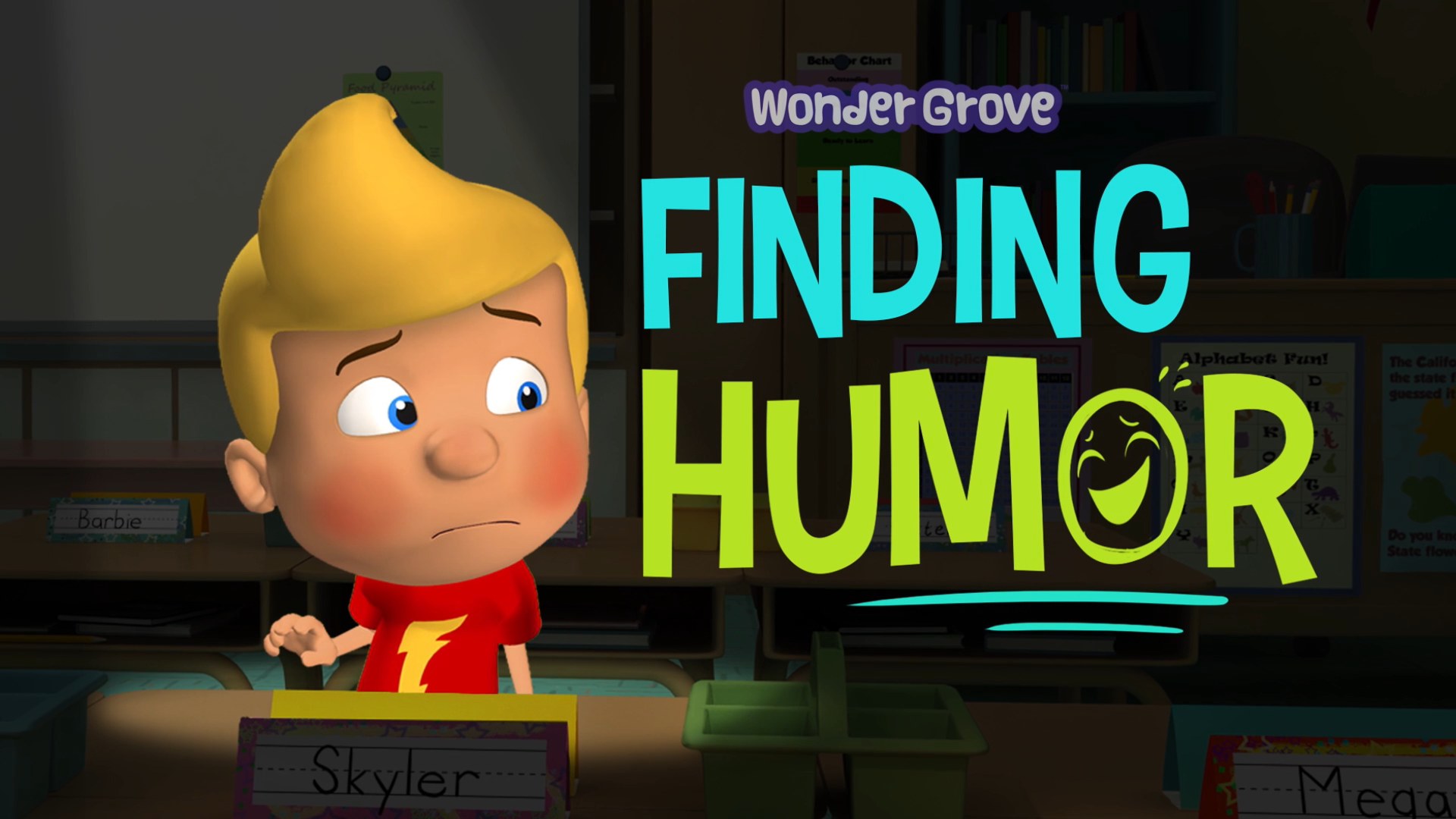The 16 Habits of Mind Instructional Animations are time tested, research based mental health resources for elementary schools.
Educators world wide have enjoyed success with this series of animations based on the renowned 16 Habits of Mind, created 30 years ago by Dr. Art Costa and Dr. Bena Kallick of the Global Institute for Habits of Mind. Listed below is how each of the 16 Habits of Mind qualifies as a mental health resource for elementary school. Linked to each instructional animation is more research information that reinforces the efficacy of each lesson.
Managing Impulsivity
Impulsivity often stems from difficulty in managing and regulating emotions. By teaching children to recognize and understand their emotions, they can learn to respond thoughtfully rather than impulsively.
Persisting
By encouraging children to persist in their endeavors, educators promote the belief that failure and setbacks are opportunities for growth rather than indications of fixed limitations.
Listening with Understanding and Empathy
Empathy education can enhance children's emotional well-being and self-esteem. When children feel seen, heard, and understood by others, it positively impacts their self-worth and mental health.
Thinking Flexibly
Flexible thinking stimulates creativity and innovation. It allows children to generate new ideas, think outside the box, and explore unconventional solutions.
Thinking Interdependently
Teaching children about thinking interdependently as a mental health skill supports their collaboration skills, empathy, social competence, emotional regulation, problem-solving abilities, resilience, adaptability, sense of belonging, and community.
Thinking about your Thinking
Teaching children about thinking about their thinking (metacognition) promotes self-awareness, reflection, problem-solving skills, emotional regulation, growth mindset, autonomy, and self-directed learning.
Striving for Accuracy
Striving for accuracy requires children to identify and correct errors or inconsistencies. It fosters their problem-solving skills as they analyze situations, think critically, and develop strategies to ensure accuracy.
Questioning and Problem Posing
Children learn to identify challenges, break them down into smaller components, and generate creative solutions. Problem-solving skills are essential for mental well-being as they enable individuals to approach difficulties with a proactive and resourceful mindset.
Applying Past Knowledge to New Situations
When children are able to apply their past knowledge successfully to new situations, it boosts their confidence and self-efficacy. They develop a belief in their abilities to learn, adapt, and overcome challenges.
Thinking and Communicating with Clarity and Precision
Clear and precise communication is essential for building positive relationships, resolving conflicts, and expressing emotions. When children can effectively express their thoughts and feelings, they experience improved social interactions, reduced misunderstandings, and enhanced self-expression.
Gathering Data Through All Senses
Sensory experiences are closely linked to emotions. By encouraging children to gather data through their senses, educators help them develop a vocabulary and understanding of how different sensory inputs can impact emotions.
Creating, Imagining, and Innovating
Creating, imagining, and innovating provide outlets for self-expression and creativity. Children can explore their thoughts, feelings, and experiences through various forms of artistic expression.
Responding with Wonderment and Awe
Responding with wonderment and awe fosters children's natural curiosity and love for learning. It encourages them to ask questions, explore their environment, and seek new experiences.
Taking Responsible Risks
Responsible risk-taking requires children to assess situations, make decisions, and problem-solve. By engaging in these processes, they develop critical thinking skills and learn to evaluate risks and benefits. These problem-solving abilities contribute to their overall mental agility and adaptive thinking.
Finding Humor
By embracing humor, children can enhance their overall happiness, develop effective ways to manage challenges, and build strong emotional foundations for their future well-being.
Remaining Open to Continuous Learning
When children understand that their intelligence and abilities are not fixed but can be improved with learning, they are more likely to embrace challenges, persevere in the face of setbacks, and maintain a positive attitude towards themselves.
















